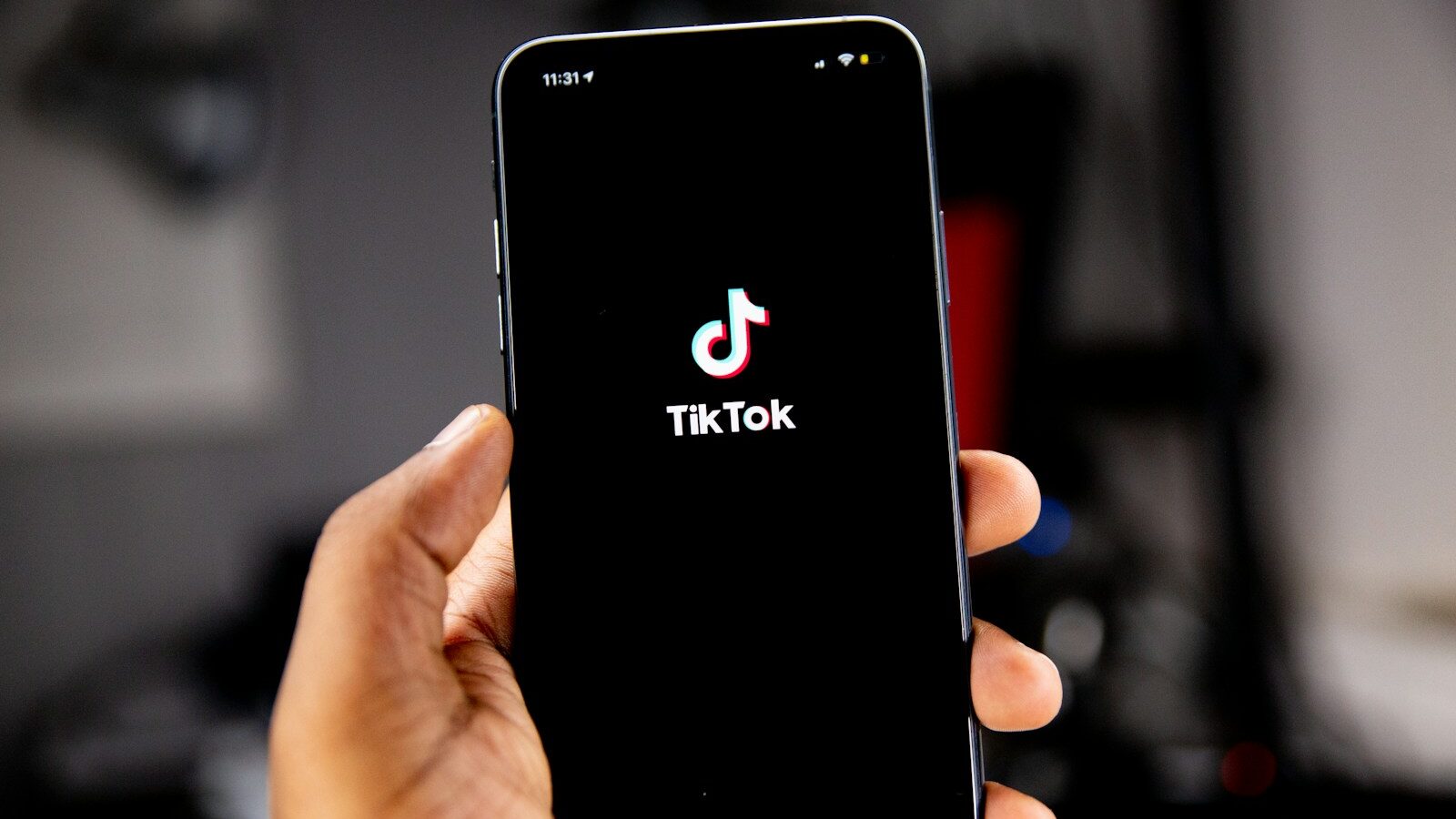As a direct result of business globalisation, there is a growing understanding and recognition of the importance of cultural intelligence, or a high cultural quotient (CQ).
Having a culturally intelligent workforce is increasingly recognised as being hugely beneficial to teamwork, performance, communication and cooperation, and is fundamental to good business in this day and age.
An individual with a high CQ will appreciate and respect how others’ individual experiences and perspectives differ and are likely to be compassionate and knowledgeable about cultural influences.
What is CQ?
Cultural quotient, also known as cultural intelligence, is a globally recognised measure that isn’t just about being culturally sensitive. Instead, it delves deeper into the understanding and recognition of cultural differences from nationality, ethnicity, gender, age, socio-economics, location and how these influence our beliefs, attitudes and values.
Ang and Van Dyne developed the four main capabilities that describe CQ:
- CQ Drive or Motivation measures your interest and confidence in multicultural interactions.
- CQ Knowledge or Cognition looks at your understanding of the similarities and differences between cultures, rather than for example personality differences.
- CQ Strategy or Metacognition is how you plan and deal with multicultural interactions to build better relationships.
- CQ Action or Behaviour is your agility to reflect and adapt when working in a multicultural environment.
CQ can be developed on both an individual and organisational level and can be measured based on ten key and mappable cultural values including: Low vs. High Uncertainty Avoidance, Neutral/ Non Expressive to Affective/ Expressive, Cooperative vs. Competitive, Linear vs. Non-Linear, Being vs. Doing and Individualism vs Collectivism.
[embed-slice:25]
The benefits of having CQ:
An individual with a high CQ will appreciate and respect how others’ individual experiences and perspectives differ and are likely to be compassionate and knowledgeable about cultural influences.
If you have strong cultural intelligence, you are likely to appreciate diverse points of view and adapt easily and be able to calmly and effectively deal with conflicts that arise in the workplace. You will blend well in any environment, be an excellent communicator, easily develop rapport and make strong connections and lead diverse teams inclusively and successfully.
An employee with a low CQ, is likely to be central to any conflicts that arise as they can’t see situations from another’s perspective which may be toxic to company culture and hinder business success.
Culturally intelligent organisations as a whole will have established better trust, tolerance and understanding. These businesses will enjoy the benefits of better productivity, diversity, negotiation skills, recruitment and performance, as well as reduced talent loss, bias and conflict.
A safe business culture will also have clear values and objectives that are communicated and understood by all which will in turn make them more competitive on a global scale.
Diversity alone is not enough. Research consistently demonstrates that diverse teams with low CQ are outperformed by homogenous teams. This is because working with people who are different can create misaligned expectations and conflict, and without CQ, increased diversity tends to reduce productivity.
However, the research also demonstrates that when diverse teams have high CQ, they outperform homogeneous teams in every area, including innovation, decision-making, building trust, and leadership effectiveness.
When a business wants to improve their CQ, they can address issues and problems through intentional, innovative learning strategies, inclusive recruitment and engaging workshops, courses, coaching and digital tools, but we can all improve our CQ levels.
How to increase your CQ as an individual and a business.
- Choose culturally intelligent leaders and employees. Actively recruiting and progressing culturally intelligent individuals will create more inclusive, diverse and equal teams. Cultural and ethnic miscommunications and conflict are often due to lack of awareness, common values and culturally intelligent people in the workplace.
- Real inclusion leads to diversity of thinking. In 2019, the Academy of Management reported the top three factors that influence whether diverse staff feel included were participation in decision-making, information sharing, and informal networking. It’s easier and more efficient to make decisions with a group of like-minded people, but you are likely to lack a diversity of insights. CQ allows you to develop a decision-making process that manages bias, enables a variety of ways for a diversity of individuals to share their point of view, and ultimately reach a decision.
- Be considerate. Consider how influential your culture has been on your decision making and perspective and actively notice that it is likely to be different to others, so be open to learning. Look for similarities and differences and be aware that we may think differently, and “our way” is not always the only way.
- Be interested. Preconceptions can automatically hinder your ability to form work relationships. Be open-minded and be curious rather than judgemental and share a little about yourself too. Ask questions and stimulate discussions about culture to increase your awareness and understanding. Use positive language to make others feel comfortable and show you are authentic in your interest.
- Notice your own bias. Question if you have any unconscious bias that may be coming into play because it prevents us from realising others’ potential and can hinder our ability to optimise other perspectives. We all have biases; accepting that as a start point is a good way to begin.
- Assess for individualised development. “You can’t teach an old dog new tricks” is an old saying but the beauty of CQ is that it allows for personalized development by allowing each person to assess their skills against the benchmark of the worldwide norms. They can then create an action plan that is customized to their skill set and goals. Cultural Intelligence can be measured and developed.
- Create rapport. Finding common ground helps us to connect and bond and therefore establish sufficient and effective work relationships. Once this has been established, trust and respect will be at the forefront, breaking down cultural barriers that could have got in the way.
What to read next? Emotional intelligence: Do you know the four basic components?
[cm_form form_id=’cm_65a14c3f5da64′]








